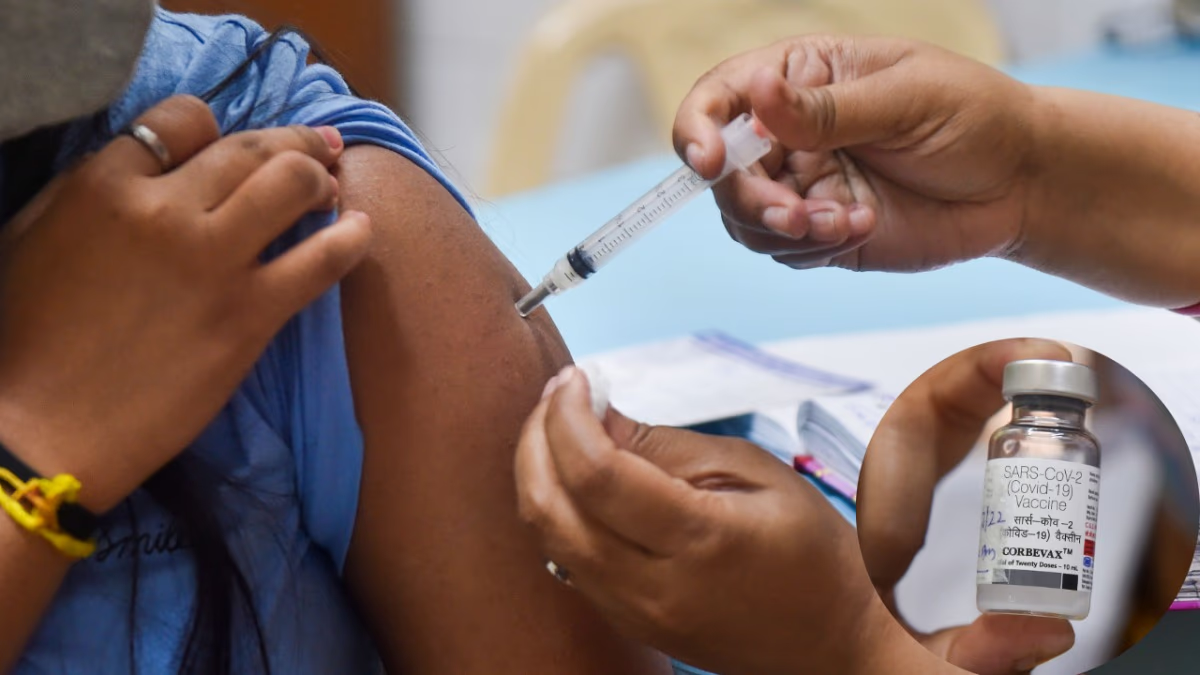It has been five years since the outbreak of COVID-19, yet the virus persists. It reemerges in new forms, such as Delta, Omicron, and now NB.1.8.1 and LF.7 variants. With the introduction of booster doses, a pressing question arises—are COVID vaccines evolving too, and if so, how effective are they? Research from Yale University provides answers.
Indeed, the coronavirus has once again become a cause for global alarm. Patient numbers are climbing, and the pressure on hospitals is intensifying. The virus, originating from Hong Kong and Singapore, is not only increasing in countries like India and the United States but also claiming lives. The appearance of new variants NB.1.8.1 and LF.7 has raised global consciousness. The World Health Organization (WHO) categorizes NB.1.8 and LF.7 as 'Variants Under Monitoring,' though they are not deemed 'Variants of Concern' or 'Variants of Interest' yet are thought to contribute to rising cases in China and parts of Asia. In India, the most prevalent variant is currently JN.1, found in 53% of tested samples, followed by BA.2 (26%) and other Omicron sub-variants (20%).
According to Yale University's research, the good news is that vaccines updated annually since 2022 continue to be effective in preventing severe illness, hospitalizations, and deaths from COVID-19. The Centers for Disease Control and Prevention (CDC) indicates that these vaccines are available for infants from six months old, children, and adults. As the SARS-CoV-2 virus mutates and new variants emerge, it's vital to understand how the updated vaccines perform.
Has the COVID vaccine changed?
Yale's report indicates that the COVID vaccine is updated annually, much like the flu vaccine adapts to new variants each year.
2020-21:
The first mRNA vaccines (Pfizer and Moderna) targeted the original Wuhan strain.
2022:
Vaccines were updated to a bivalent form, targeting the original virus and Omicron BA.4/BA.5 variants.
2023:
A monovalent vaccine was introduced, specifically for Omicron XBB.
2024-2025:
The latest vaccine focuses on the KP.2 variant.
According to Dr. Scott Roberts, an infectious disease specialist at Yale University, each new vaccine is designed to combat evolving virus variants, effectively reducing severe illness, hospitalizations, and deaths.
Do new vaccines affect older variants?
Yes, although vaccines cannot entirely prevent infection, they significantly reduce the severity and risk of long COVID symptoms. Yale Medicine notes that even if breakthrough infections occur post-vaccination, symptoms tend to be milder and recovery quicker.
What new vaccines are available?
1. Pfizer-BioNTech (Comirnaty)
- mRNA vaccine - Available for all ages 6 months and older - Updated for the 2024-25 variant (KP.2) - Recommended double dose for those 65+
2. Moderna (Spikevax)
- mRNA vaccine - Available for all age groups - Similar recommendations to Pfizer
3. Novavax (Nuvaxovid)
- Non-mRNA, protein-based vaccine - Recommended for 65+ or high-risk individuals - Developed for JN.1 variant but effective against other variants too.
Could there be side effects from these vaccines?
Yes, but they are typically normal and temporary. Any side effects should subside within a few days.
Pain or redness at the injection site
Fatigue, headache, fever
Rare myocarditis cases in young individuals from mRNA vaccines
Low potential for serious allergic reactions from Novavax
Both the CDC and FDA consider all vaccines safe and effective.
What are Yale University’s main recommendations?
- Get the updated vaccine, especially if you are 65+ or have serious health conditions. - Booster doses are crucial as antibodies wane over time. - Infection may occur despite vaccination, but it remains less severe.
The evolution of vaccines: Why they continue to be essential
As the coronavirus evolves, so do the vaccines. Yale University's research clearly states that updated vaccines remain a potent defense, significantly reducing the risk of severe disease and the complications of long COVID.




